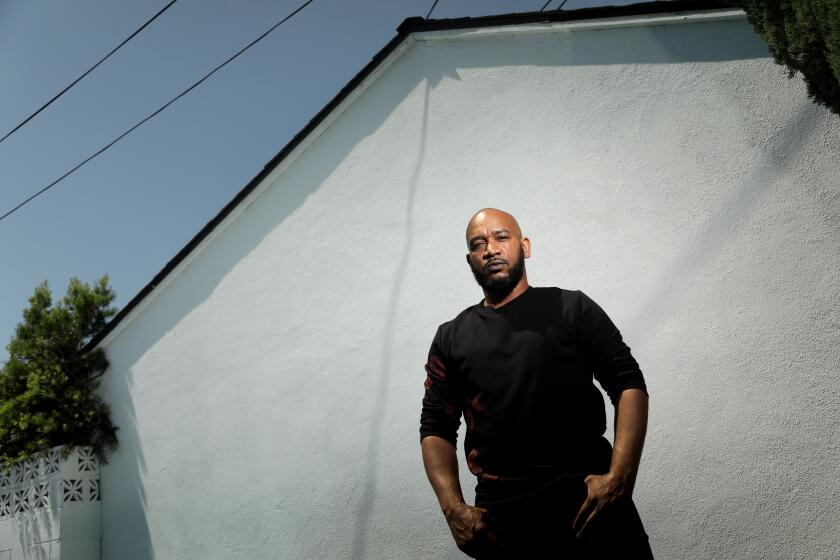Writers and studios reach tentative agreement on new contract
The Writers Guild of America and the major studios reached an agreement on a proposed new contract, averting a showdown that many thought was inevitable before the coronavirus pandemic roiled Hollywood.
Negotiators came to a tentative agreement Tuesday night on terms; it was approved by the unionâs negotiating committee Wednesday but must still be ratified by members, the WGA said in a statement.
The proposed three-year agreement, valued at $200 million over three years, includes higher residuals for shows distributed on streaming platforms, a new paid parental leave to all writers who qualify for health insurance, and increases in employer contributions to the unionâs pension plan, the union said.
It also improves protections for television writers in the areas of options and exclusivity and expands the number of writers covered under so-called span protections that limit the amount of time writers spend working on individual episodes. That has been a major priority for the guild as more shows shift to short-season shows on streaming platforms.
Additionally, new writer discounts that undercut screen and television minimums and disproportionately impacted underrepresented groups have been eliminated, the union said.
âAlthough the ongoing global pandemic and economic uncertainty limited our ability to exercise real collective power to achieve many other important and necessary contract goals, we remain committed to pursuing those goals in future negotiations,â the negotiating committee said.
The union, which represents about 10,000 members, began negotiations May 18 via video conference on a proposed film and TV contract with the Alliance of Motion Picture and Television Producers.
The sides had agreed to extend the existing contract for two months to June 30 to allow more time for negotiations during the COVID-19 pandemic.
Earlier in the year, many had expected the writers would go on strike because of rising frictions over pay. But the pandemic, which has forced studios and unions to collaborate on safety issues, has eased labor tensions, and the WGA did not seek a strike authorization vote.
Bargaining got off to a fiery start when the WGAâs lead negotiator, David Young, clashed with Carol Lombardini, the studiosâ chief negotiator, over a request to extend healthcare to members affected by the shutdown.
The SAG-AFTRA Foundation, supported by famous actors, raised its fundraising target to $12 million to help performers hard hit by the coronavirus pandemic.
Among other demands, the union sought improvements to residual payments, which are a key part of writersâ incomes, and a bigger share of the profits being harvested through streaming. It also wanted higher script fees and increased contributions to the unionâs health plan.
Viewership on streaming platforms in April and May grew 117% over the previous year, the WGA said. Global subscription streaming revenue more than doubled over the last four years to $37 billion in 2019 and is projected to reach $62 billion in 2023, it said.
The union proposed a tiered system of bonuses linked to the number of streams on subscription streaming platforms so that as viewership grows, so do residual payments.
âWe are seeking to significantly increase the foreign residual so that it accurately reflects the value of our work in the foreign market,â the WGA told members, nothing noting that companies like Netflix and Amazon have more international subscribers than domestic customers.
Hollywood has worked to increase diversity in its lowers ranks. But the top writing jobs in film and TV still largely go to white men.
In June, SAG-AFTRA, the industryâs biggest union, tentatively agreed to a new contract modeled on a similar agreement reached by the Directors Guild of America.
The union, representing about 160,000 performers, broadcasters and actors, estimated the value of the proposed three-year contract at $318 million. SAG-AFTRA members will begin voting on the contract this week.
More to Read
Inside the business of entertainment
The Wide Shot brings you news, analysis and insights on everything from streaming wars to production â and what it all means for the future.
You may occasionally receive promotional content from the Los Angeles Times.














